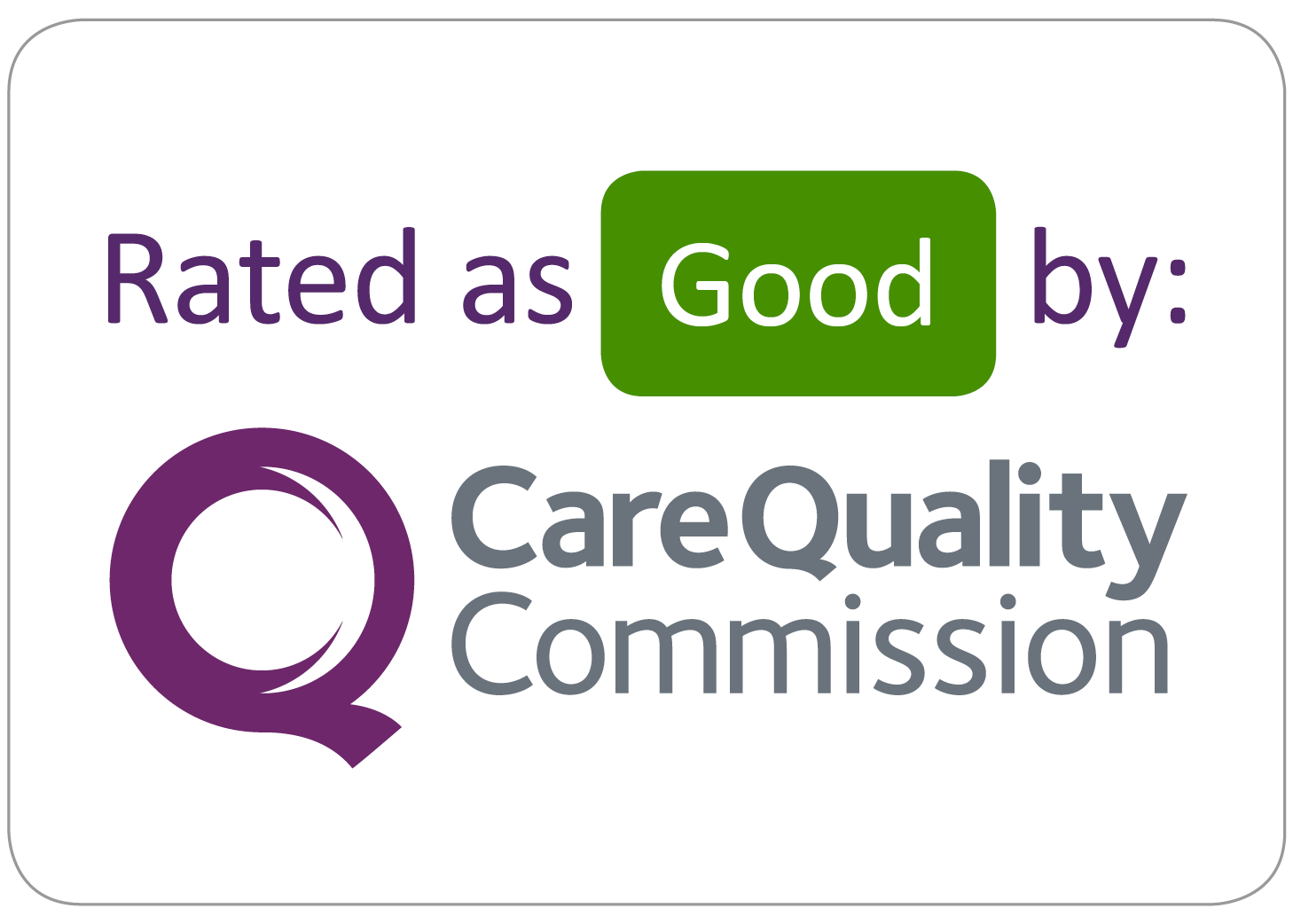Our senior nurse Graham Murphy, right, and respiratory nurse specialist Graham Marvell, left, were last night reunited with - and thanked by - the man they saved after he collapsed playing five-a-side footie.
Father-of-two Paul Bailey, centre, had scored a goal, then experienced a cardiac arrest while playing football at Park Lane Academy Sports Hall in Halifax in January.
The otherwise healthy 54 -year-old from Elland collapsed, his heart stopped pumping blood around his body causing him to fall unconscious and stop breathing.
He would have died were it not for the quick intervention from our Grahams and everyone around him.
Their quick thinking in providing Cardio Pulmonary Resuscitation (CPR) and using the defibrillator at Park Lane Academy sports hall - which had only been installed three weeks previously - saved Paul’s life.
Reunited with them at Park Lane, last night Paul said: " They saved my life without a doubt. It wouldn't have been such a positive outcome without them there."
Paul, who had been playing five-a-side on and off for 20 years, recalled the moment. “I’d just scored, then done a bit of chasing around and felt a bit dizzy, so I said I’d go in goal for the last few minutes.
“I got down on the floor thinking I was going to faint, and then it was goodnight Vienna. The last thing I remember is my last breath feeling quite tight, but there was no pain. It wasn’t like a heart attack."
Our two Grahams immediately began to provide CPR and used the sports hall’s defibrillator to deliver a high-energy shock to restart his heart and because of their quick and decisive actions, Paul is alive today.
Graham Murphy recalls: "Paul was playing football and suddenly became short of breath. He rested on his hands and knee which we all thought was just his way of catching his breath as he didn't really express any difficulties. He then slumped face first into the floor which I obviously found quite alarming and I did think the worst at that time.
"Paul was just in front of me when this happened, so I immediately turned him over. At this stage it was his breathing pattern which alarmed me the most, which I believed to be agonal breathing which I've seen many times in cardiac arrest. At that point we check for a pulse. It was quite difficult to assess for a pulse as I was out of breath from exercise and the adrenaline had started to pump.
"We decided to commence CPR which is the difficult part during this situation, as we didn't want to be jumping up and down on a friends chest who just fainted. Once CPR had commenced it is just a case of doing what we had done in the BLS/ILS/ALS training and at work many time.
"We asked for someone to call an ambulance and to see if the school had an Automated External Defibrilator (AED). Luckily the school staff quickly found the AED and we quickly attached the machine which provided the shock which save Paul's life.
"I have performed CPR many times while at work and used a defibrillator on a few occasions, but never in the community.
"Seeing Paul fit again is wonderful and emphasises the important of AED's and CPR training. Having AED's accessible with people trained to use them saves lives."
Our Consultant in Emergency Medicine, Dr Andrew Lockey, also Resuscitation Council (UK) Vice-President, said: “Paul’s story emphasises the importance, not only of swift onset CPR, but also having the awareness to ask for - and use - a public access defibrillator."
"By putting these principles into action, Paul was awake and talking even before the ambulance arrived. And by having a defibrillator available, Park Lane Academy has also contributed to this success.”
** In the UK there are over 30,000 cardiac arrests a year outside of hospital where the emergency medical services attempt to resuscitate the victim. Fewer than 1 in 10 people will survive. The chance of survival from out-of-hospital cardiac arrest can be increased significantly by the immediate provision of bystander CPR and defibrillation within 3–5 min can produce survival rates as high as 50%–70%.
** Thanks to the Resuscitation Council (UK) for the photos.

















